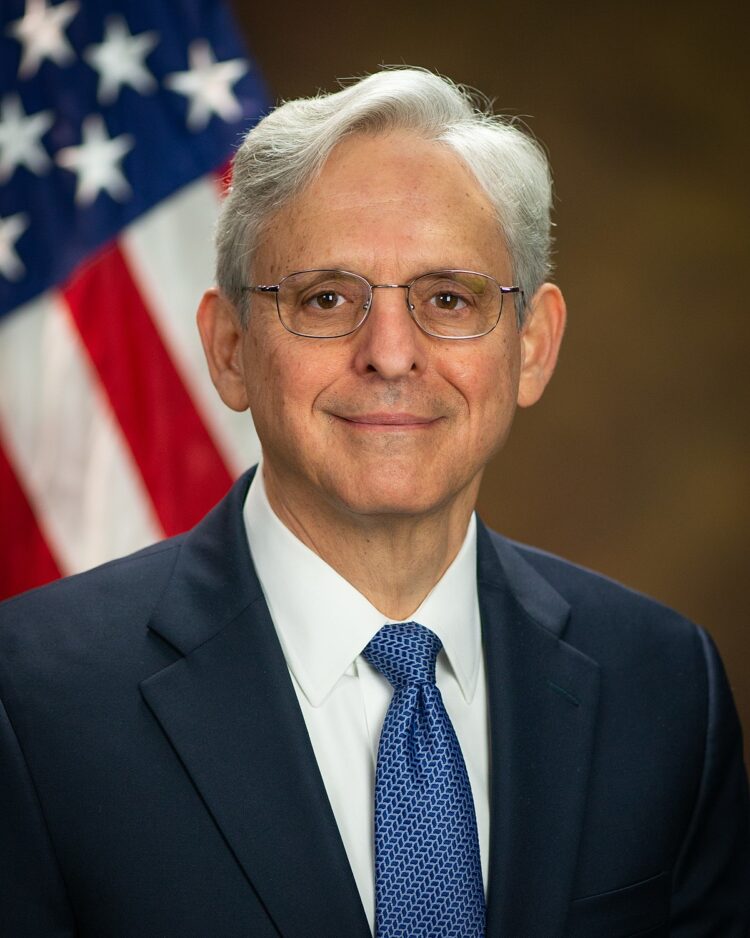By Aaron Miller-
The attorney general Merrick Garland on Monday vowed that the federal government will take action to protect those in Texas trying to obtain an abortion in the wake of the strictest anti-abortion law in the US taking effect last week.
The US justice department said that it will not tolerate violence against anyone seeking abortion services in the state of Texas, and that federal officials are exploring all options to challenge the ban on almost all terminations,.
New state law gives the public the right to enforce the law in a way critics decry as promoting vigilantism.
Garland issued a statement that said the DoJ would “protect those seeking to obtain or provide reproductive health services” under a federal law known as the Freedom of Access to Clinic Entrances (or Face) Act.
Federal prosecutors are urgently exploring ways to challenge the Texas law. The DoJ vowed to enforce the federal law “in order to protect the constitutional rights of women and other persons, including access to an abortion”.
The current abortion law in the US is the most restrictive in history, and went into effect on 1 September.
The near-total abortion ban in Texas empowers any private citizen to sue an abortion provider or anyone deemed to have helped a women get an abortion against the law, although not the patient themselves.
The news is welcoming to Evangelical groups in the bible belt town of Texas, where abortions have always been opposed by Church leaders and their congregations. There are likely to be examples of the anti abortion religious groups who have permitted abortions in desperate personal situations, but those examples won’t be on public show.
Critics say the new law will open up a slew of lawsuits from anti-abortion vigilantes which could severely frustrate the clinics in the state. Clinics will be too frightened to find themselves in financial ruin.
The Texas law also leaves the landmark supreme court case Roe v Wade that led the way to abortion being legal across the US in 1973, hanging by a thread.
The federal law commonly known as the Face Act, meanwhile, prohibits physically obstructing or using the threat of force to intimidate or interfere with a person seeking reproductive health services.
The law also prohibits damaging property at abortion clinics and other reproductive health centers.
Under the new Texas law, abortions are not permissible once medical professionals can detect cardiac activity, usually around six weeks – before some women know they’re pregnant.
Proposals for similar restrictions have been blocked from the courts in the past, but Texas’s law differs leaves it enforcement to private citizens through lawsuits, instead of criminal prosecutors, partly as a way to avoid legal review.
Justice department officials have also been in contact with prosecutors, including US attorneys in Texas and the FBI field offices in the state, to discuss enforcing the federal provisions.
“The department will provide support from federal law enforcement when an abortion clinic or reproductive health center is under attack,” Garland said.
“We will not tolerate violence against those seeking to obtain or provide reproductive health services, physical obstruction or property damage in violation of the Face Act.”
The opposition coming from the federal government is likely to be met by equally fierce opposition from anti abortionists in the town. The coming year may see multiple lawsuits over the new Texas law.




